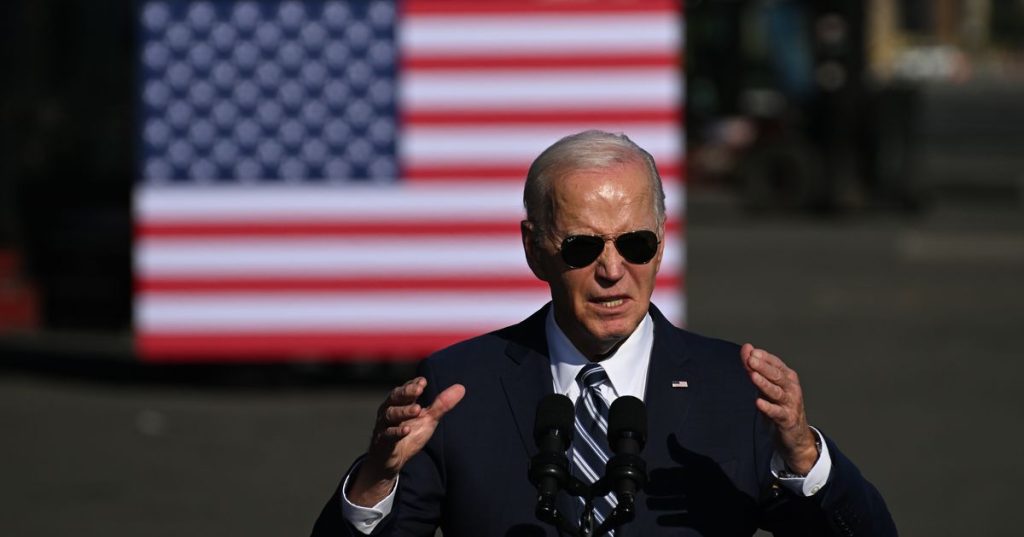President Biden’s proposal for a minimum tax for billionaires of 25% has sparked debate and controversy among politicians, economists, and the general public. The president has argued that this tax would help raise much-needed revenue for the government and ensure that the wealthiest individuals in the country pay their fair share. According to Biden, the tax would generate $500 billion over a span of 10 years, providing a significant boost to government coffers and allowing for increased spending on critical programs and initiatives.
Supporters of the president’s proposal have praised it as a necessary step towards addressing income inequality and ensuring that the ultra-wealthy contribute more to society. They believe that billionaires have a moral obligation to help fund essential services and programs that benefit all citizens, and that a minimum tax rate of 25% is a reasonable and fair way to achieve this goal. Furthermore, proponents argue that increasing taxes on billionaires would have minimal impact on their overall wealth and standard of living, given their immense resources and assets.
However, opponents of the minimum tax for billionaires have raised concerns about its potential impact on the economy and job creation. Some argue that such a tax could discourage investment and entrepreneurship among the wealthy, leading to slower economic growth and reduced innovation. They also contend that billionaires already pay a significant amount in taxes through other means, such as capital gains and corporate taxes, and that a minimum tax rate of 25% would be excessive and punitive.
Critics of the president’s proposal have also questioned its effectiveness in raising revenue and reducing income inequality. They argue that $500 billion over 10 years is a relatively small amount compared to the overall size of the federal budget and national debt, and that other measures, such as cutting spending and reducing entitlement programs, would be more effective in balancing the budget and addressing fiscal challenges. Some opponents have suggested alternative approaches to taxation, such as simplifying the tax code, closing loopholes, and promoting economic growth through deregulation and lower taxes.
Overall, the debate over President Biden’s proposed minimum tax for billionaires reflects broader ideological differences about the role of government, the distribution of wealth, and the best strategies for promoting economic growth and prosperity. While supporters see the tax as a necessary and just measure to address income inequality and fund important programs, opponents are concerned about its potential negative consequences for the economy and argue for alternative approaches to taxation and fiscal policy. Ultimately, the fate of the proposed tax will depend on political negotiations and the willingness of lawmakers to compromise and find common ground on this contentious issue.








